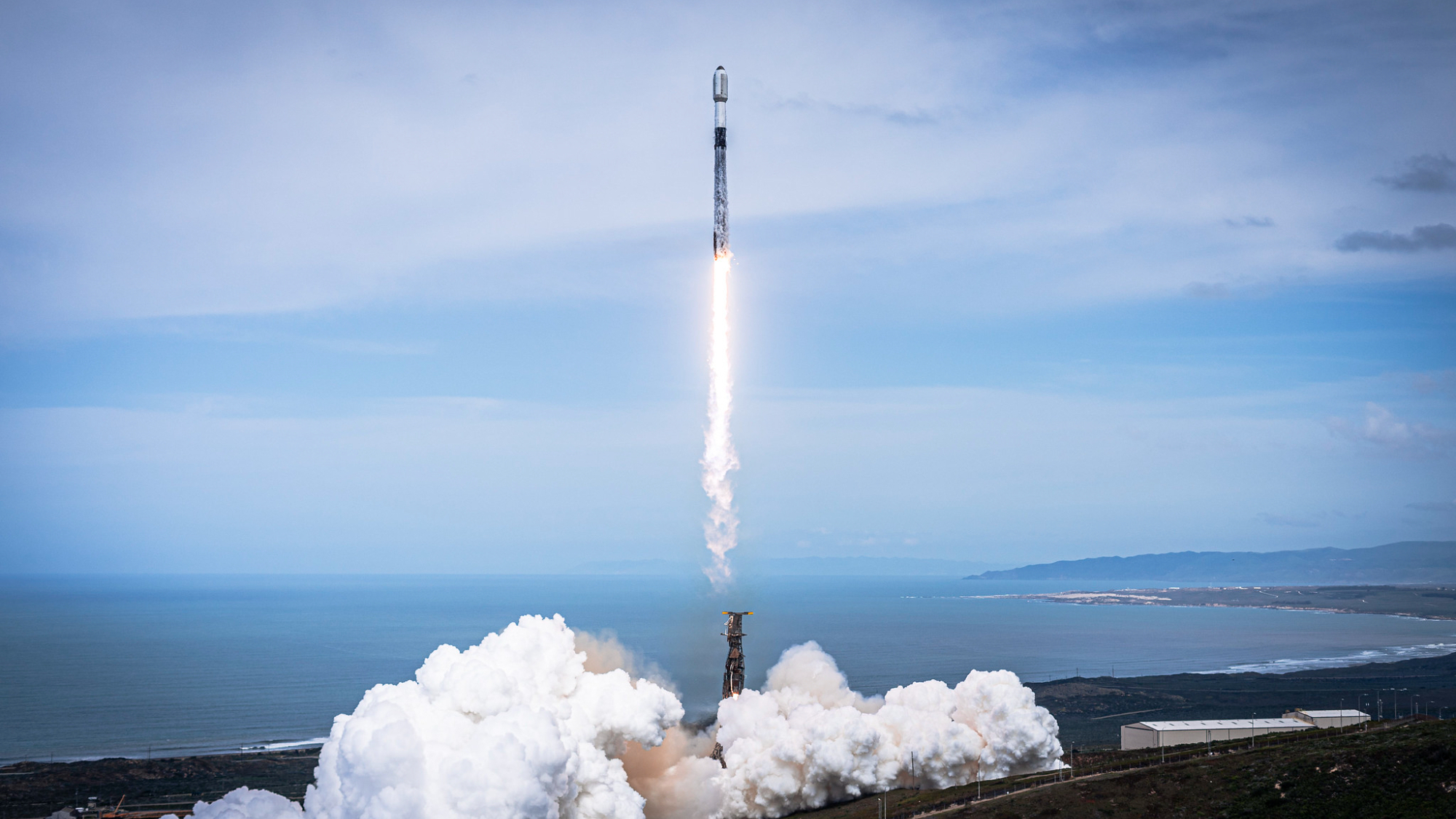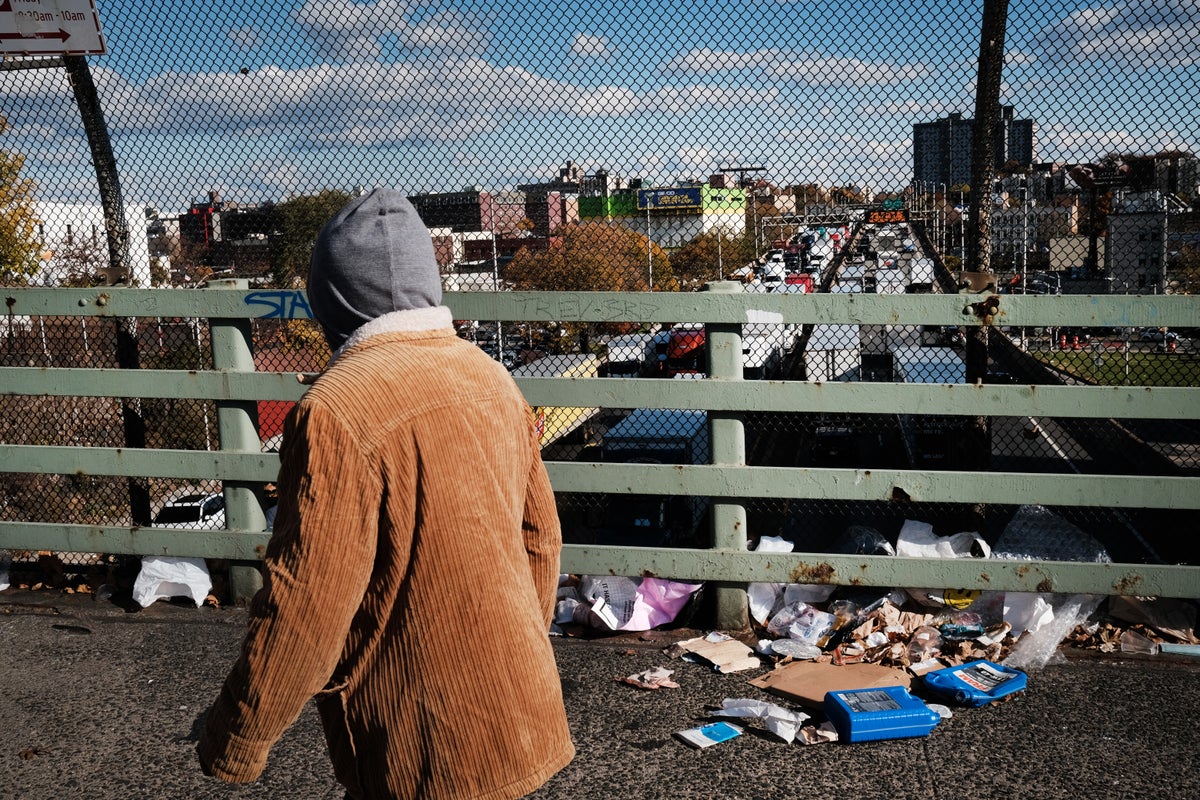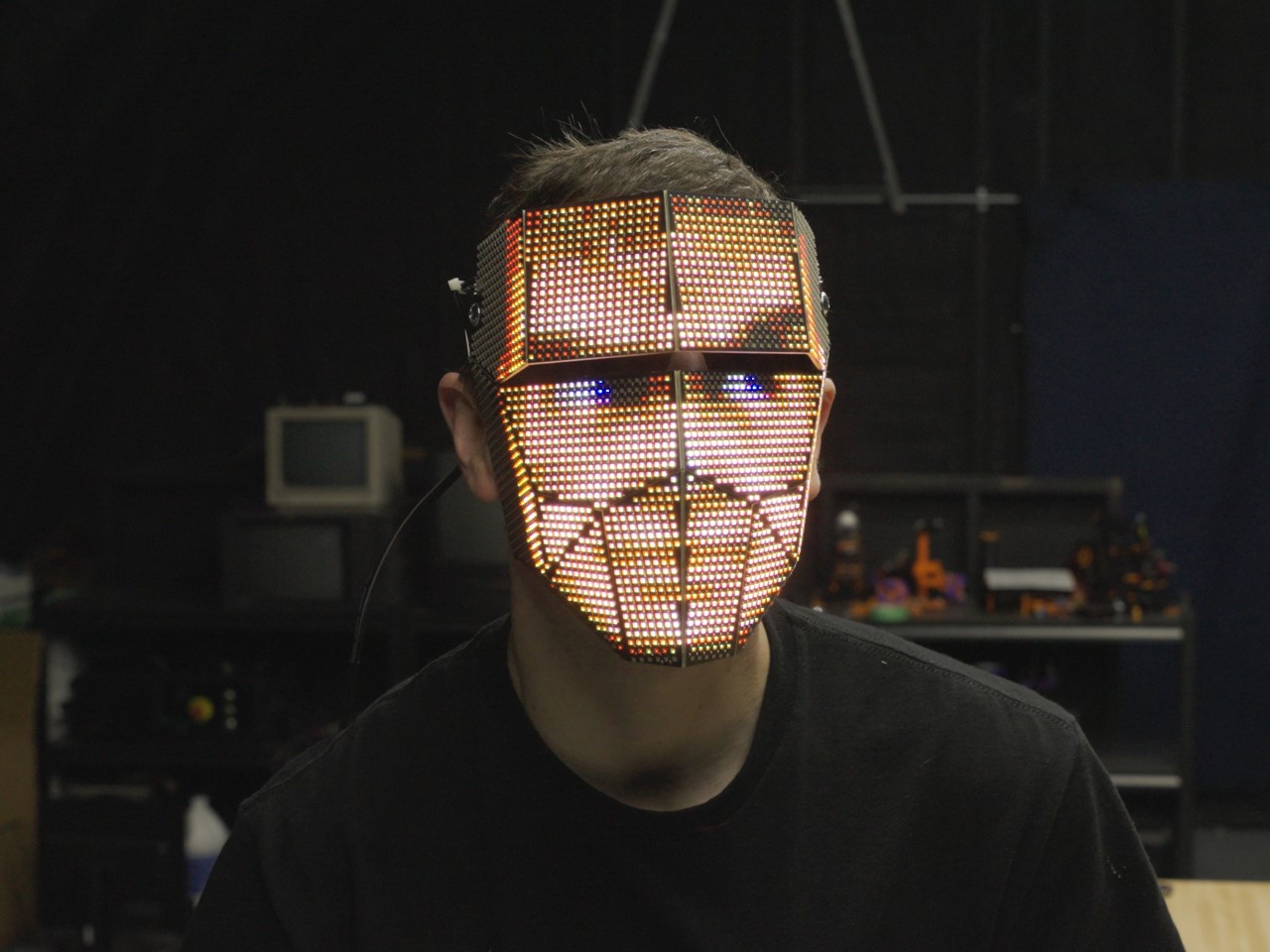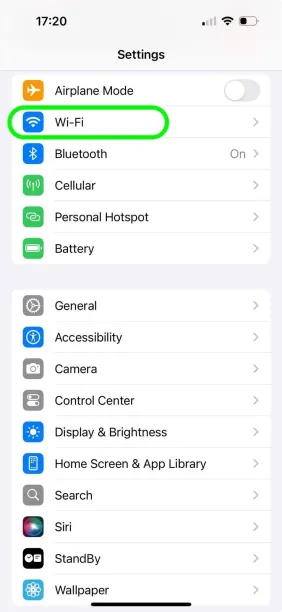The War That Changed the World. The Ceasefire That Changed Too Little.
There is no more status quo, no going back, and yet, after the ceasefire, so much will remain the same. The post The War That Changed the World. The Ceasefire That Changed Too Little. appeared first on The Intercept.


Tens of thousands of Palestinians are dead. So too are scores of aid workers and journalists. Entire communities have been turned to rubble, leaving residents displaced or homeless.
Israel is more isolated than ever. Europe has turned against free speech. And despite a campus protest movement that rivals the opposition to Vietnam War, the U.S. government remains steadfast in its support for Israel’s war machine.
Drones and AI-enabled warfare have cheapened the value of life, while global crackdowns on dissent herald in a new age of censorship.
These are the contours of a world after the war in Gaza — contours carved deep into the political landscape, deep into reality, not soon to be smoothed out. As we await the Israeli cabinet’s decision on a ceasefire in Gaza, the Middle East — and the world — has been completely reshaped as a result of the past 15 months of fighting.
And yet, after the ceasefire, so much will remain the same. A hundred Israelis are, for now, at least, still being held hostage. The Israeli military continues to seize territory by force in the countries that surround it, deepening its 76-year military occupation, and the expansion of its settlements. It reserves the right to keep attacking Palestinians.
Allegations of genocide aren’t disappearing; they grow more credible by the day.
It is, by no means, a given that the ceasefire agreement reached this week will hold. Israel has already signaled that it reserves the right to reengage militarily at any point and that it maintains its aim of “destroying” Hamas. The Palestinian group is unlikely to agree to terms that ensure its own demise.
This is not a true end to the conflict.
In all likelihood, the ceasefire agreement will hold to the pattern of past Israeli deals with the Palestinians: immediate concessions for Israel and then a slow-rolling of the rest of the plan — the rebuilding and anything else that might significantly improve the position of the Palestinians, especially in Gaza.
The virtual destruction of Gaza and the global ramifications are not just a result of the effects of October 7. It’s a 76-year process of deliberate de-development of Palestinian life in their historic homelands. In Gaza, this phenomenon is at its most acute.
Since the establishment of the state of Israel, Gaza has only ever been an open-air prison, or a collection of mass graves.
The rise of Hamas in 2007 was preceded by the blockade in 1991. Even before then, it was abysmal sanitation, inadequate health care, and a lack of adequate employment opportunities that plagued Gaza.
Other than Hamas, the largest employer in Gaza before the war was the United Nations Relief and Works Agency, or UNRWA. This is not an economy, nor could it ever lead to anything sustainable. Since the establishment of the state of Israel, Gaza has only ever been an open-air prison, or a collection of mass graves — Israel’s repository for displaced Palestinians from inside what today are Israel’s internationally recognized borders. And nothing about this week’s ceasefire will do anything to change that.
The world bearing witness to the horrors within Gaza’s walls will continue to haunt us all. And the extraordinary escalation of violence and the loss of humanity in the region will stain a generation.
There is little doubt that Israel will become more politically isolated from its neighbors, and that it will need to maintain a forever war. Its position is still buoyed by American support. The global protest movement against the war and crimes in Gaza may lose intensity, but the young people traumatized by them will not forget — and the ongoing suffering of Palestinians will not let them.
Consider what’s not in the deal. Nowhere in the reported terms of the agreement is there a mention of a path away from dehumanization, of a path toward basic human rights, or a path to lasting peace.
An end to the most intense assault on Gaza will be a relief, a temporary respite from more than a year of bloodshed, but there’s little here to celebrate.
The post The War That Changed the World. The Ceasefire That Changed Too Little. appeared first on The Intercept.
What's Your Reaction?









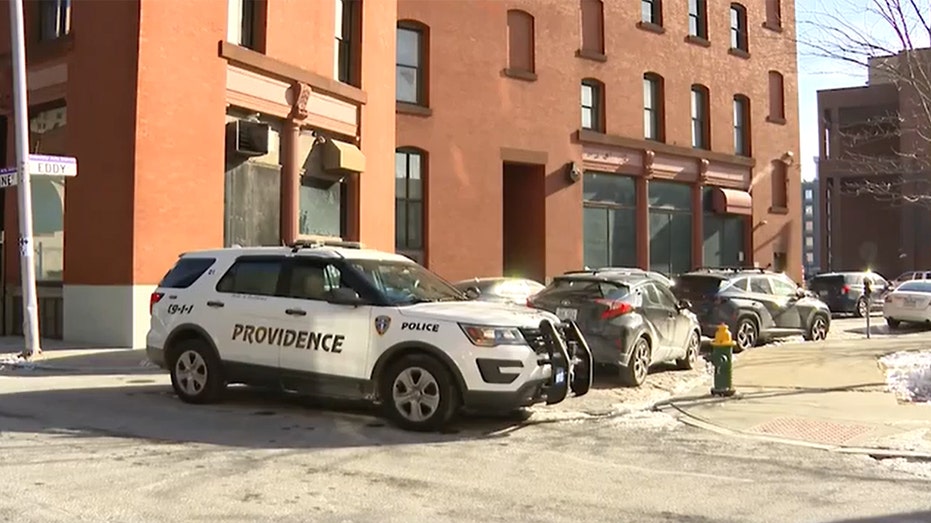

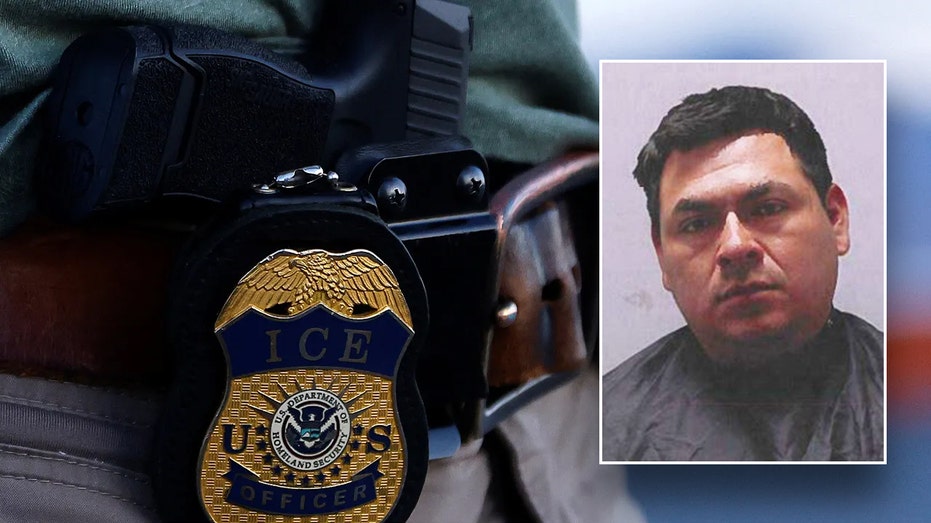

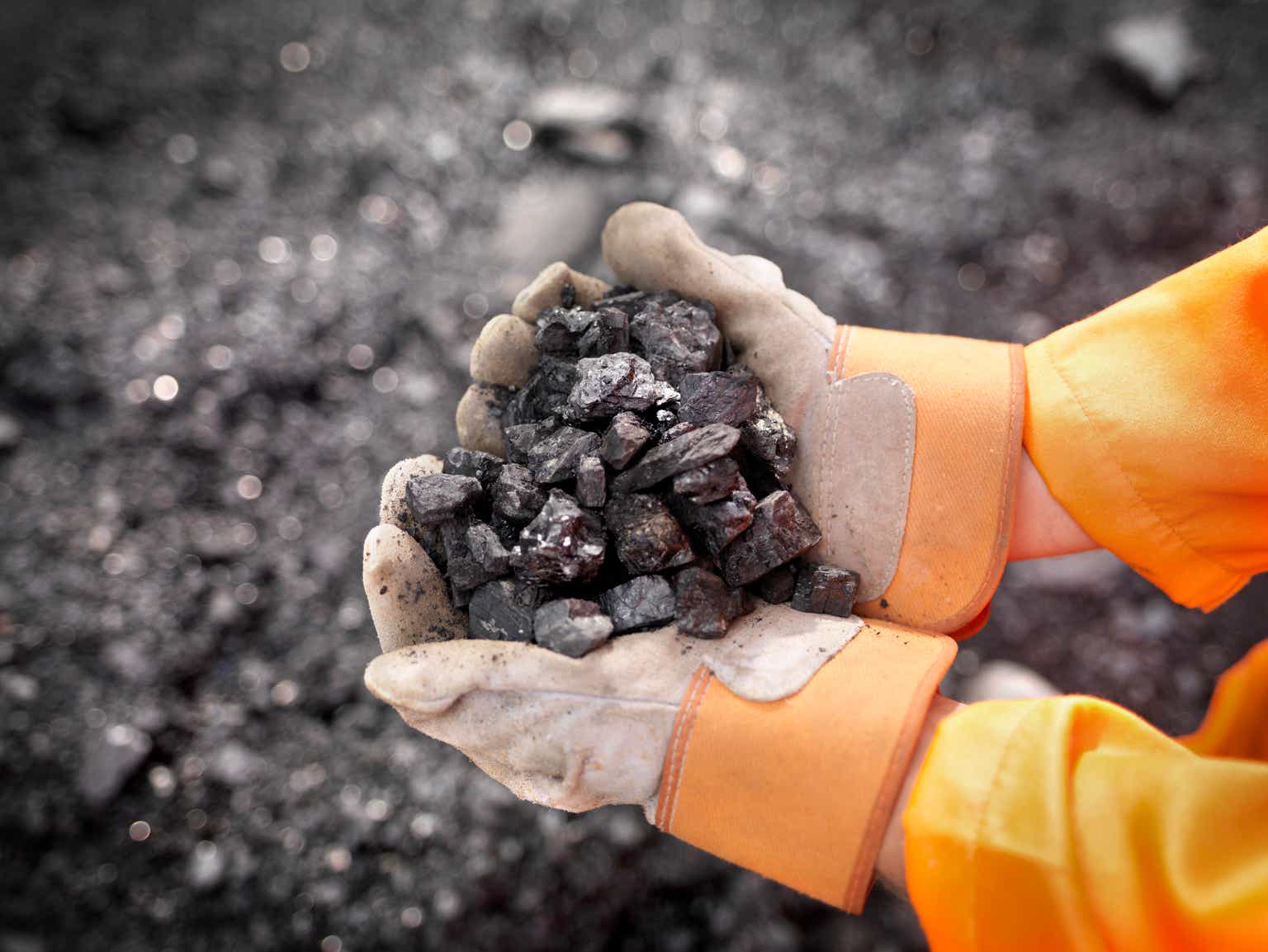
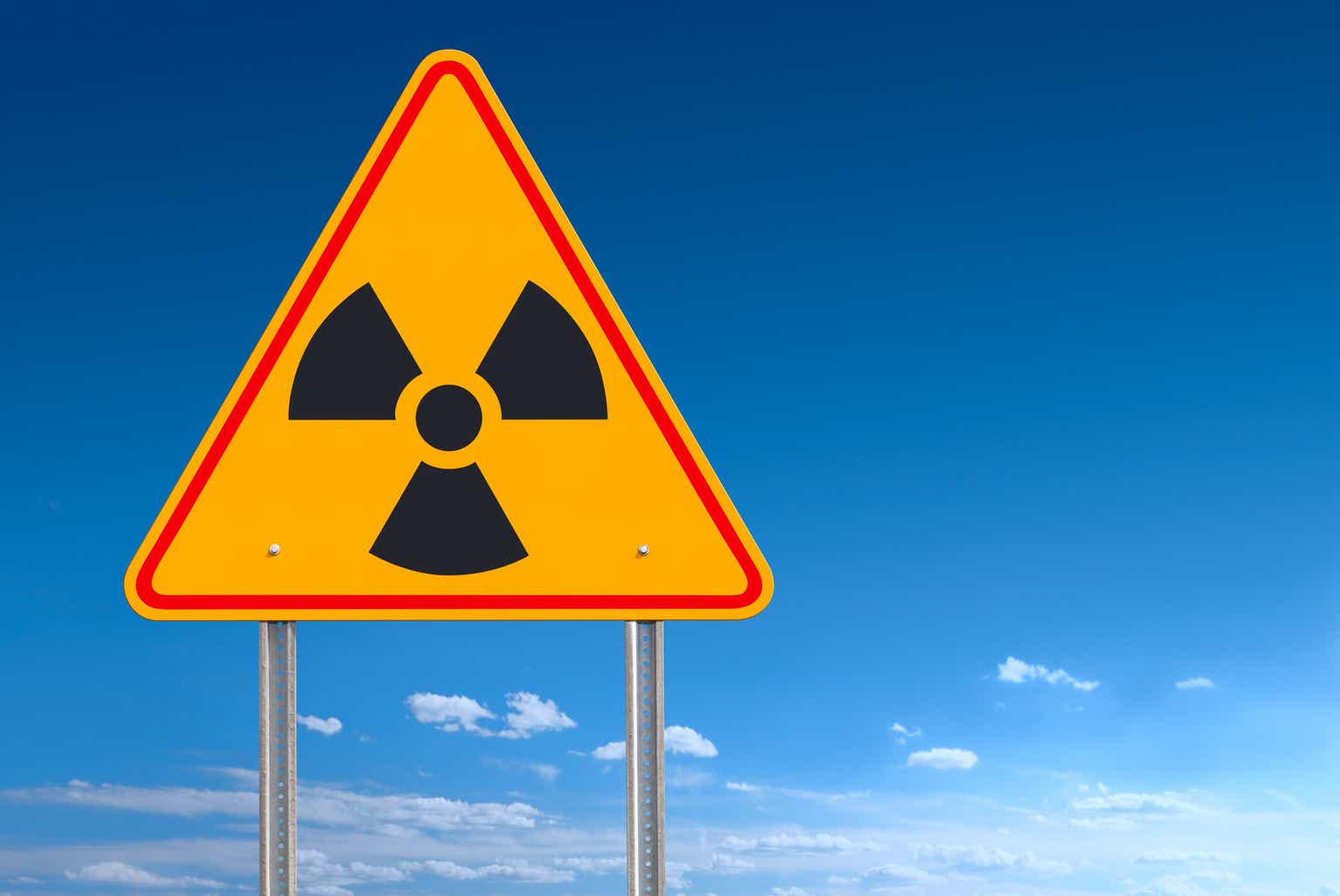











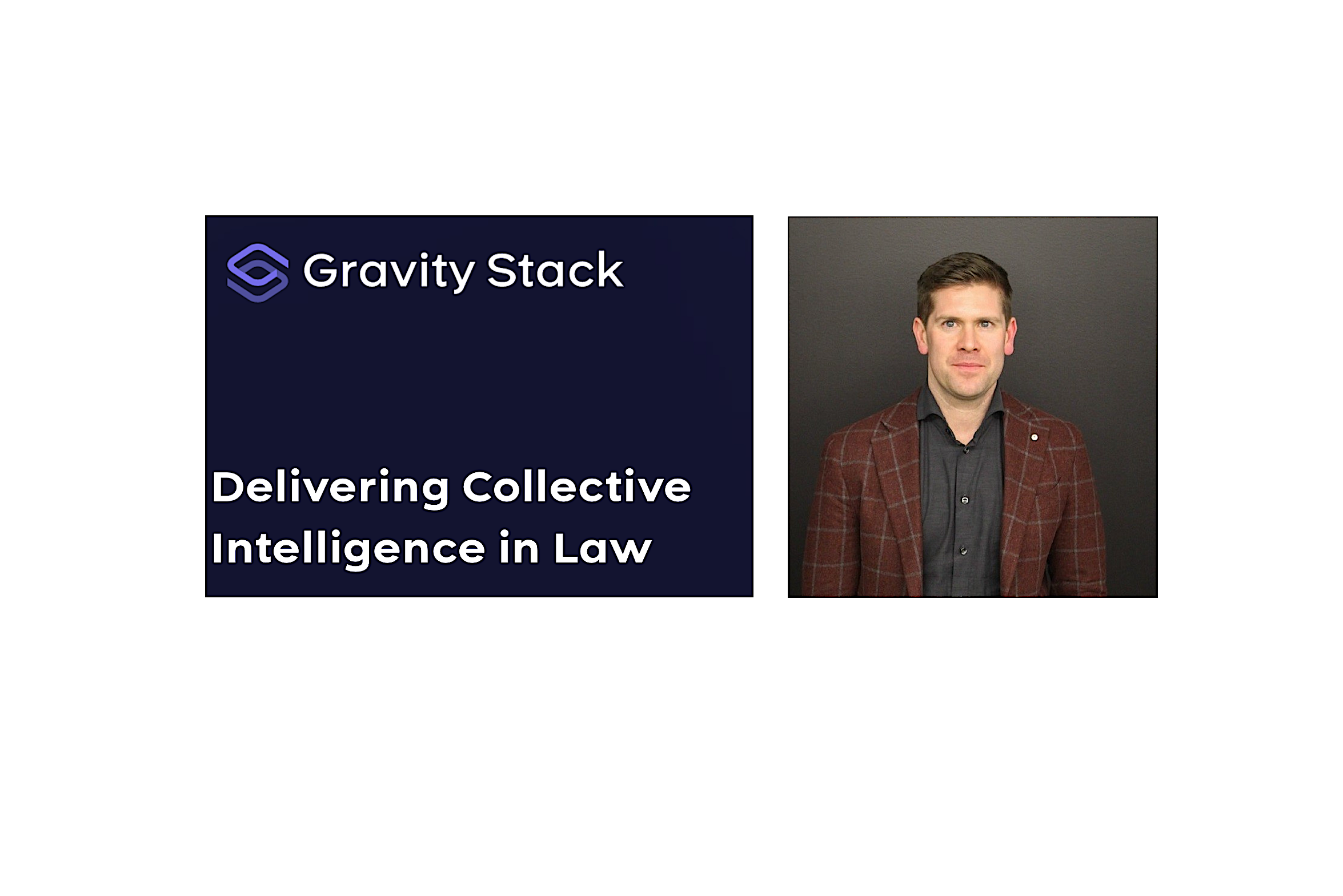












![Depth of Knowledge and leading PD [NAESP]](http://dangerouslyirrelevant.org/wp-content/uploads/2025/01/NAESP-Logo-Square-2.jpg)
